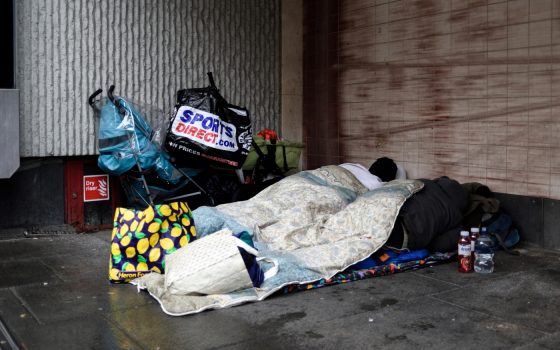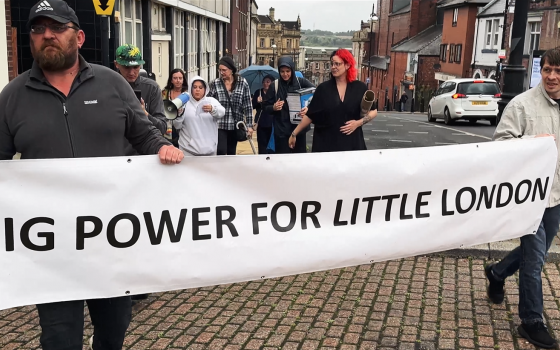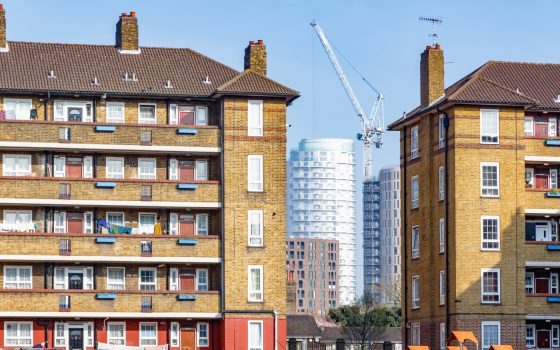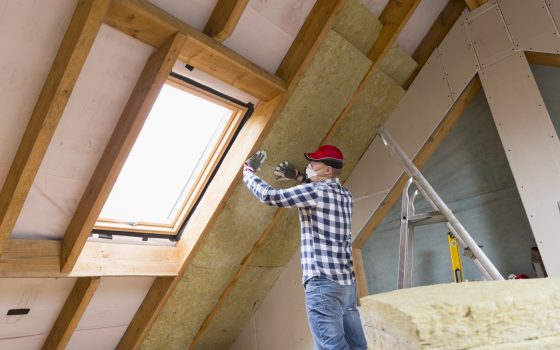Grenfell and the tragedy of deregulation
Scrapping the rules that protect us costs lives
23 June 2017
Sometimes something terrible happens from which we can’t turn our face. A tragedy like Grenfell: something that compels us all to look, longer than we would like; to ask questions; to demand answers.
There is a power in national mourning and in the national hunger for answers. Through a basic human desire to understand, oxygen and light are forced into deep fissures in our society, economy, and politics. It is already clear that the fire isn’t a story of one simple spark that engulfed a building. It was kindled by deep and systemic injustice, layered many storeys high. Of poor people stacked in unsafe homes, their demands unheeded, living a stone’s throw from mansions of insulting opulence. Of costs cut, cut and cut again. Of profit put ahead of people and of rules snipped away at, in the name of making money.
Grenfell has created a space – a cultural permission – to ask hard questions. Many people feel an abject loss of control over their lives, subjected as they are to corporate power, and faceless, uncaring economic diktats via Microsoft Excel. We are now all compelled to ask: what is the job of Government, really? It matters what companies are allowed to do, and whether governments have the stomach to make them do it.
Regulations do not exist simply to give pettifogging civil servants something to do. They protect us, among other things, from bad businesses (as well as, in principle at least, bad finance). It is absolutely our democratic right to demand the ability to make those rules, and see them properly enforced. But that right is being eroded. And people have started to notice. After Grenfell, commentator after commentator is now talking about deregulation – the government’s war on the principle and practice of telling companies what not to do. It may not be too much to suggest that the bubble that opposed regulation may have been popped, literally overnight.
In 2015 the New Economics Foundation concluded its major investigation into the furtive process that has been unfolding behind the scenes in Whitehall for years. Appalled at what we found, we called our final report ‘Threat to Democracy’ – because that is exactly what it is.
Britain is already one of the least-regulated economies in the ‘developed’ world. But driven by a near-fanatical quest for ‘business freedom’, successive governments have introduced arbitrary targets on how much regulation we can have and set up well-resourced taskforces to stamp down on new and old rules on everything from speed limits to home building.
The UK used to have a “one in, two out” rule; in 2014 the government said construction companies shouldn’t have to fit sprinkler systems to new homes, because no new regulation could be introduced unless civil servants found two more to scrap. And we’ve since made it one worse: now we have “one in, three out”. If you wanted to bring in a new regulation on fire safety in tower blocks, you’d have to offer up three other ones to sacrifice first.
It remains to be seen whether a chastened Government will, in this post-Grenfell parliament, retain its deregulatory zeal. But last year we warned that Brexit would only increase this deregulation drive; the Great Repeal Bill, set out in this week’s Queen’s Speech, threatens to give ministers the power to strike swathes of social and environmental protection from the post-EU statute book.
So what is the job of Government? That, it appears, depends. It seems abundantly clear that if you started all decisions from the principle not of ‘how can we free up business’ but instead ‘how can we protect people – particularly those most in need’, you wouldn’t even have conceived of the Red Tape Challenge. It would not even cross your mind – surely – to describe fire, environment or countless other vital protections as ‘regulatory burdens’. And you absolutely, definitely wouldn’t set a target to cut this “cost” by £10 billion.
Grenfell is a tragedy beyond comprehension. And it is a tragedy that it has taken this horror to make us all ask questions about what things like deregulation really mean. But for the sake of us all, now that we’ve asked it, let’s not stop asking it.
Topics Brexit Housing & land






